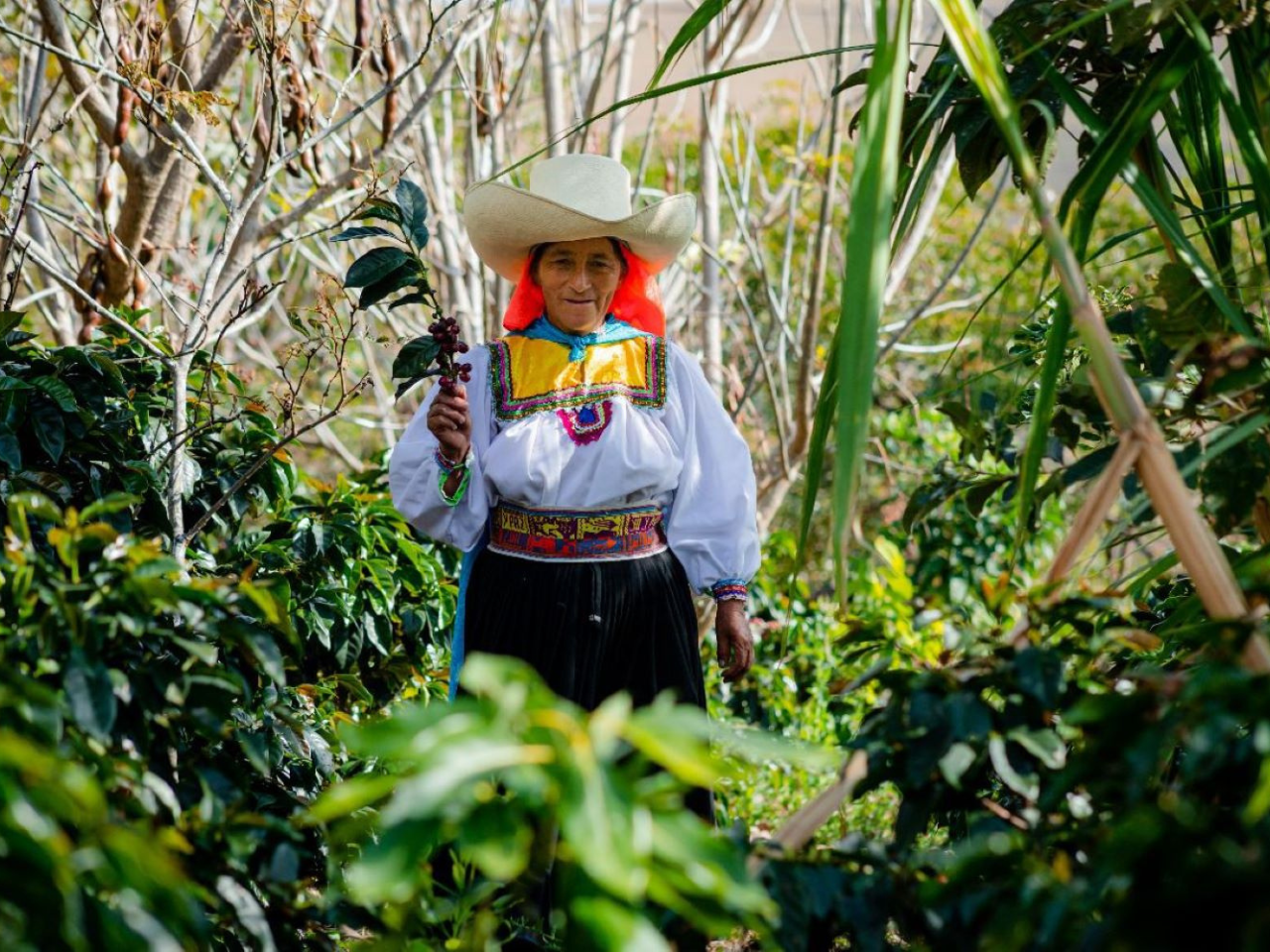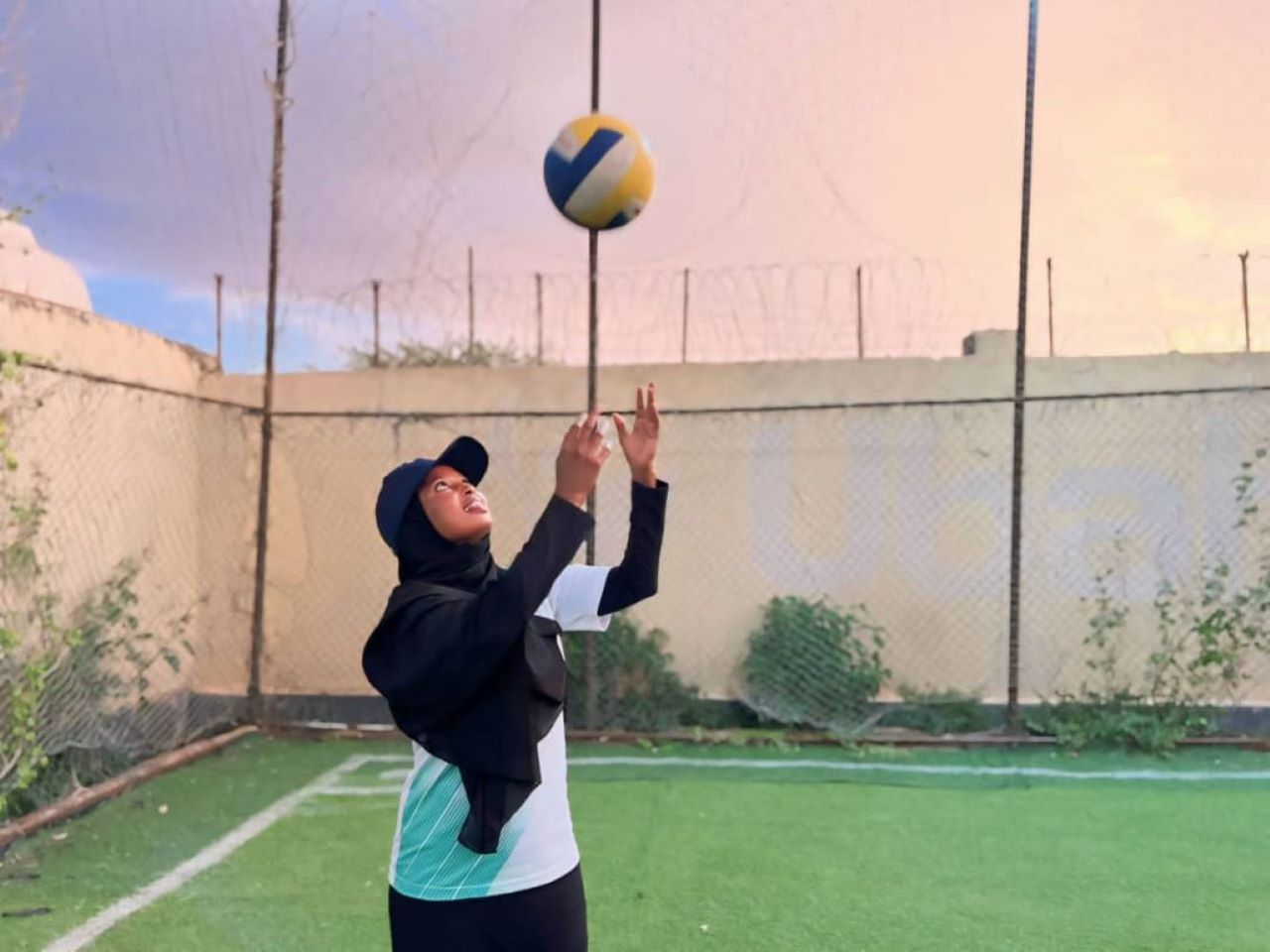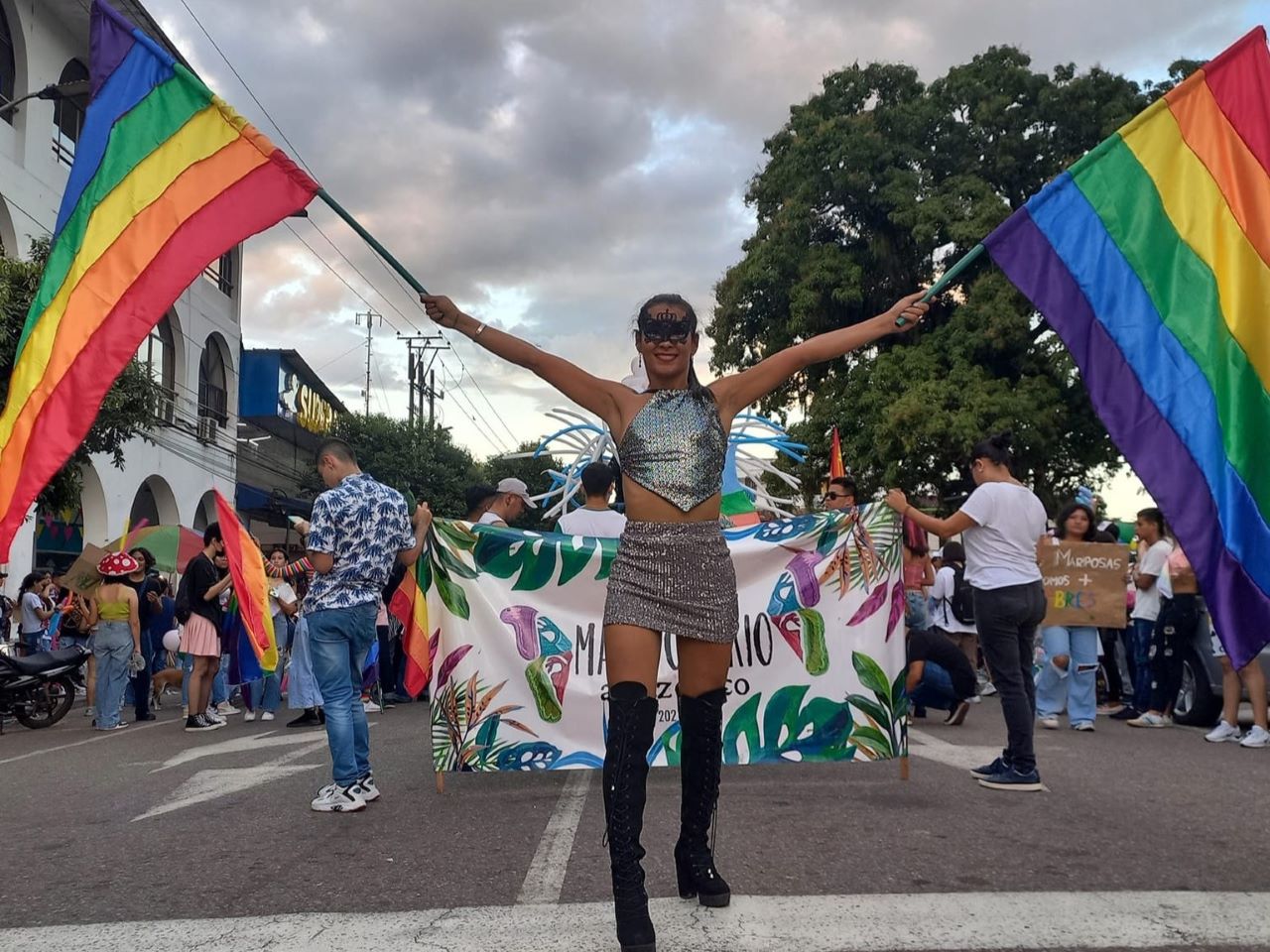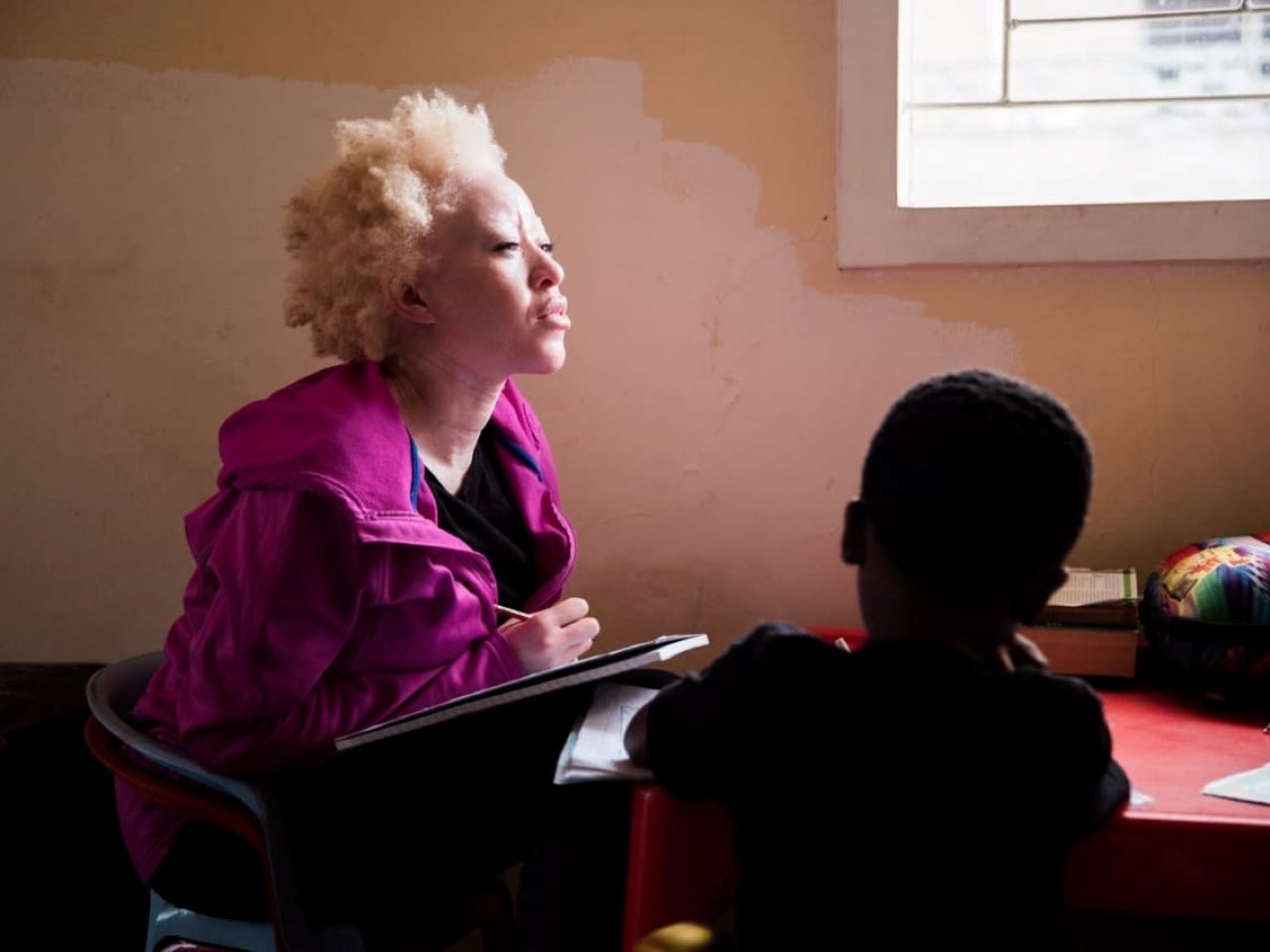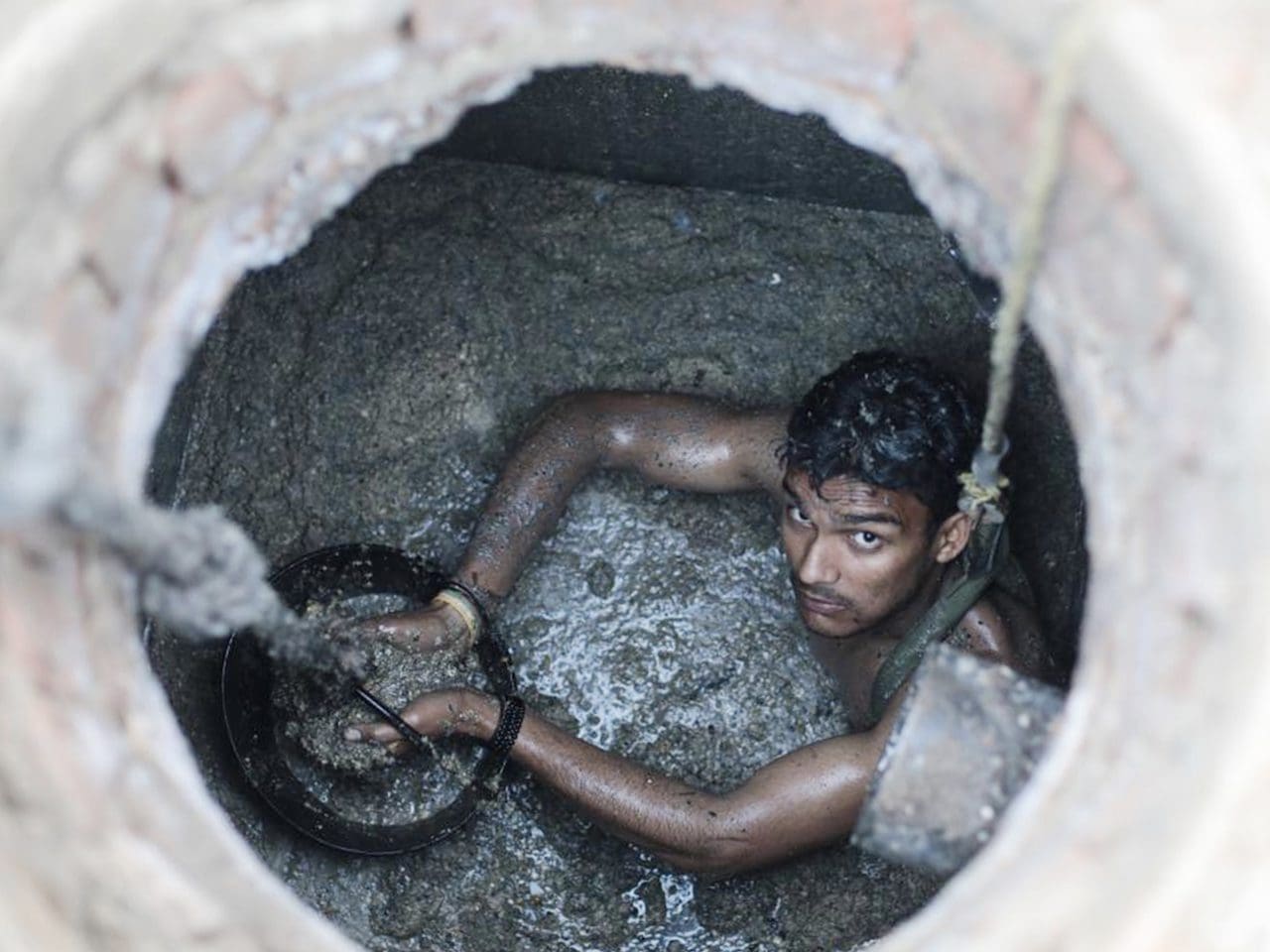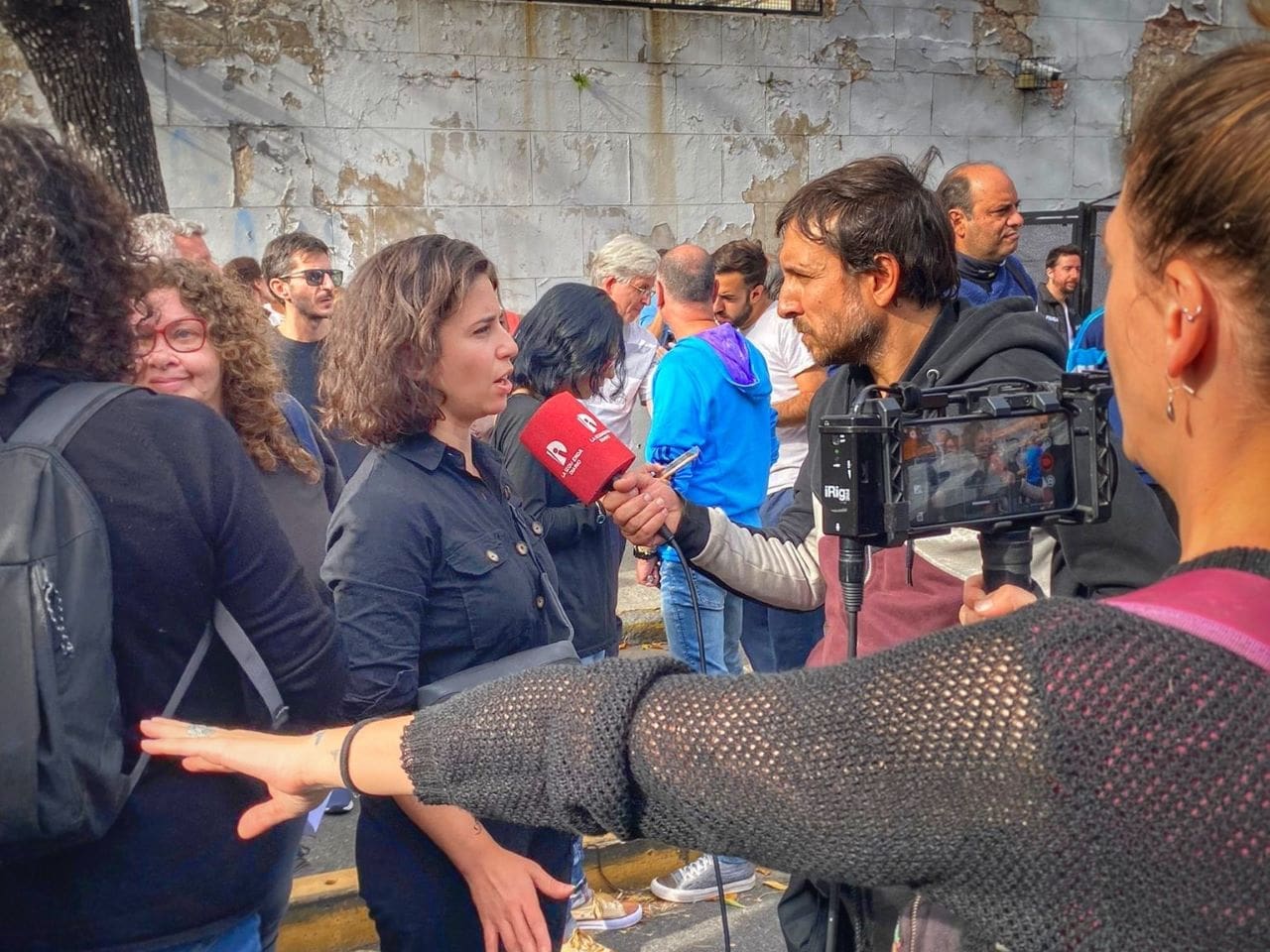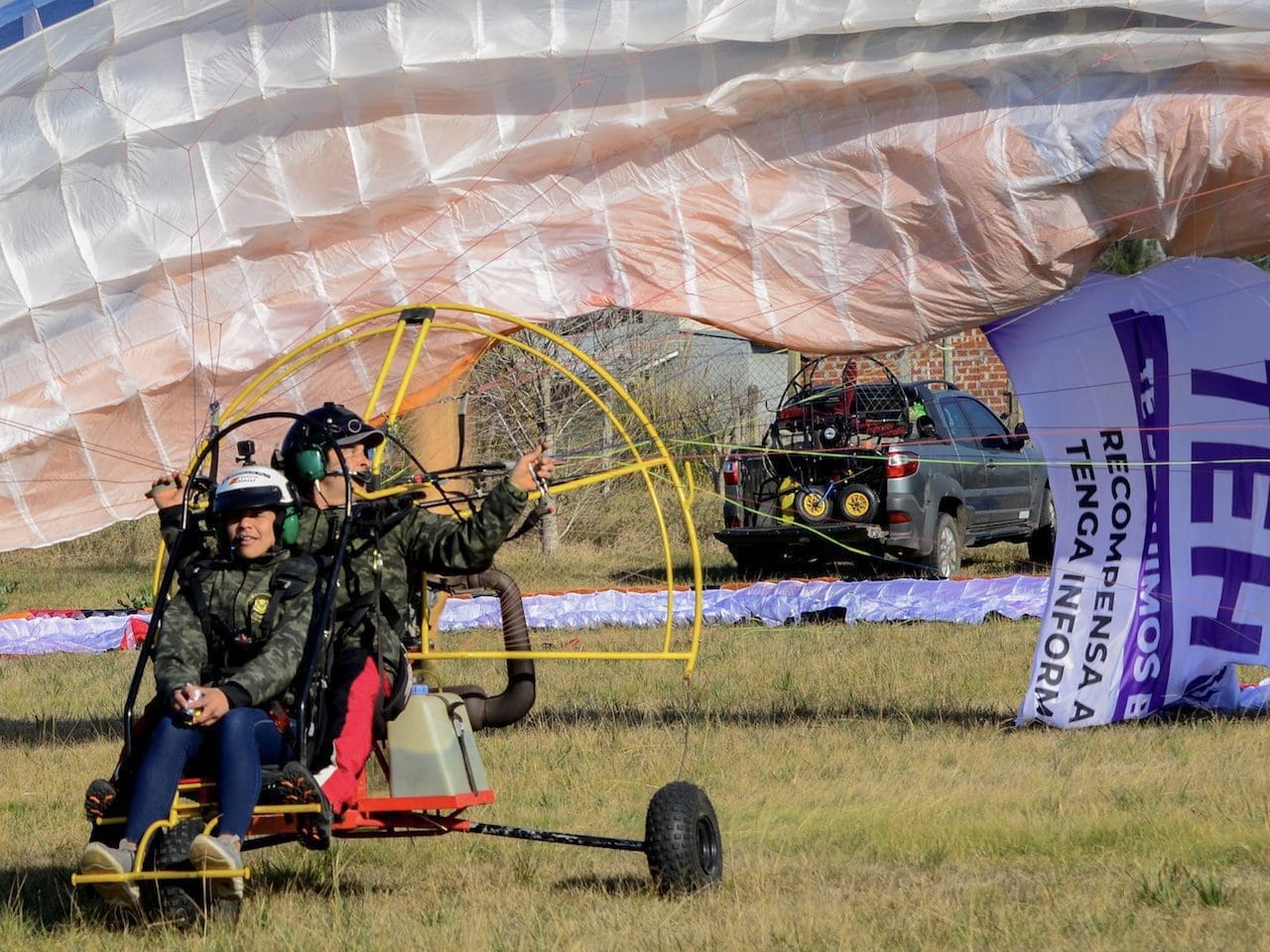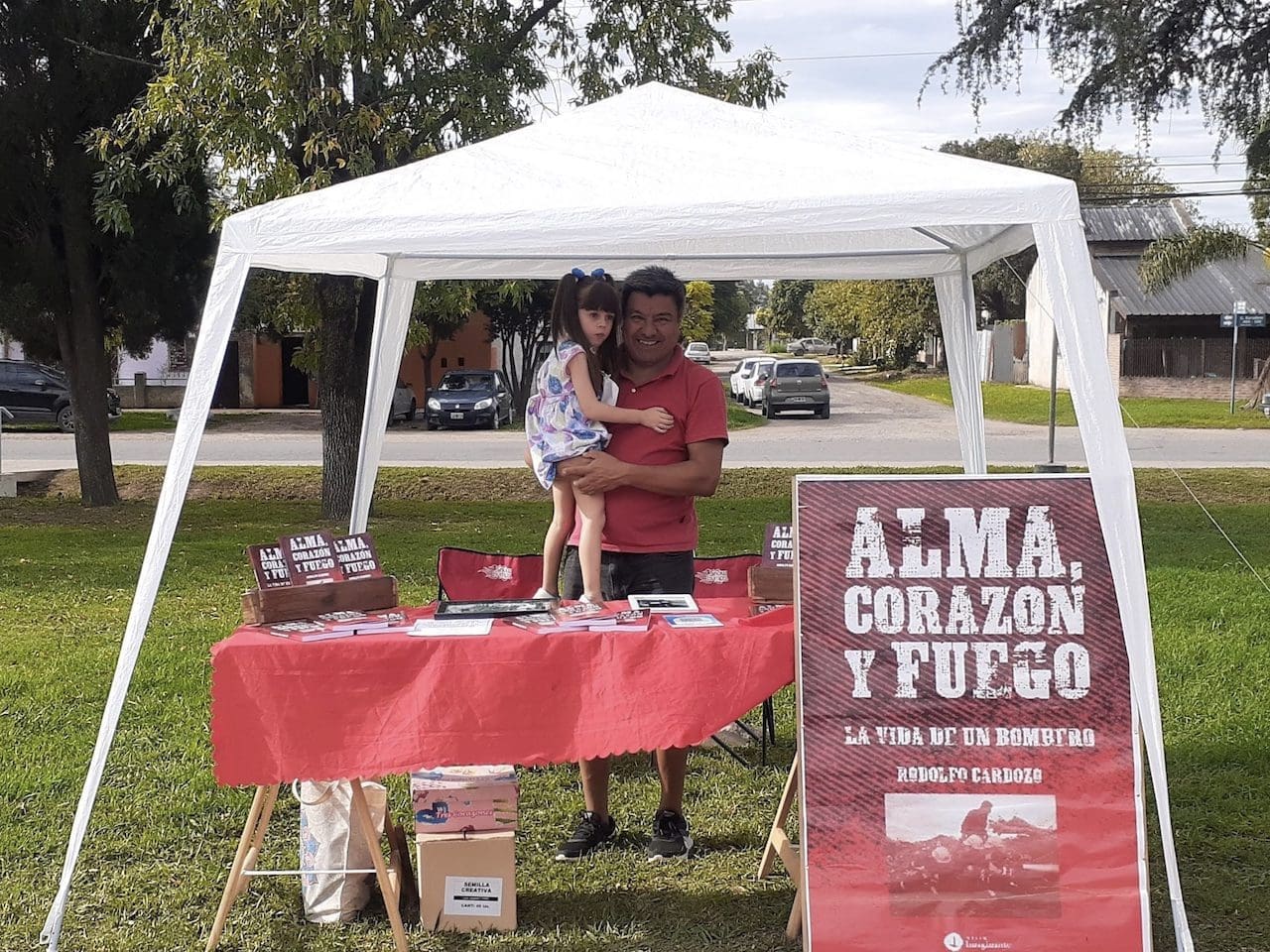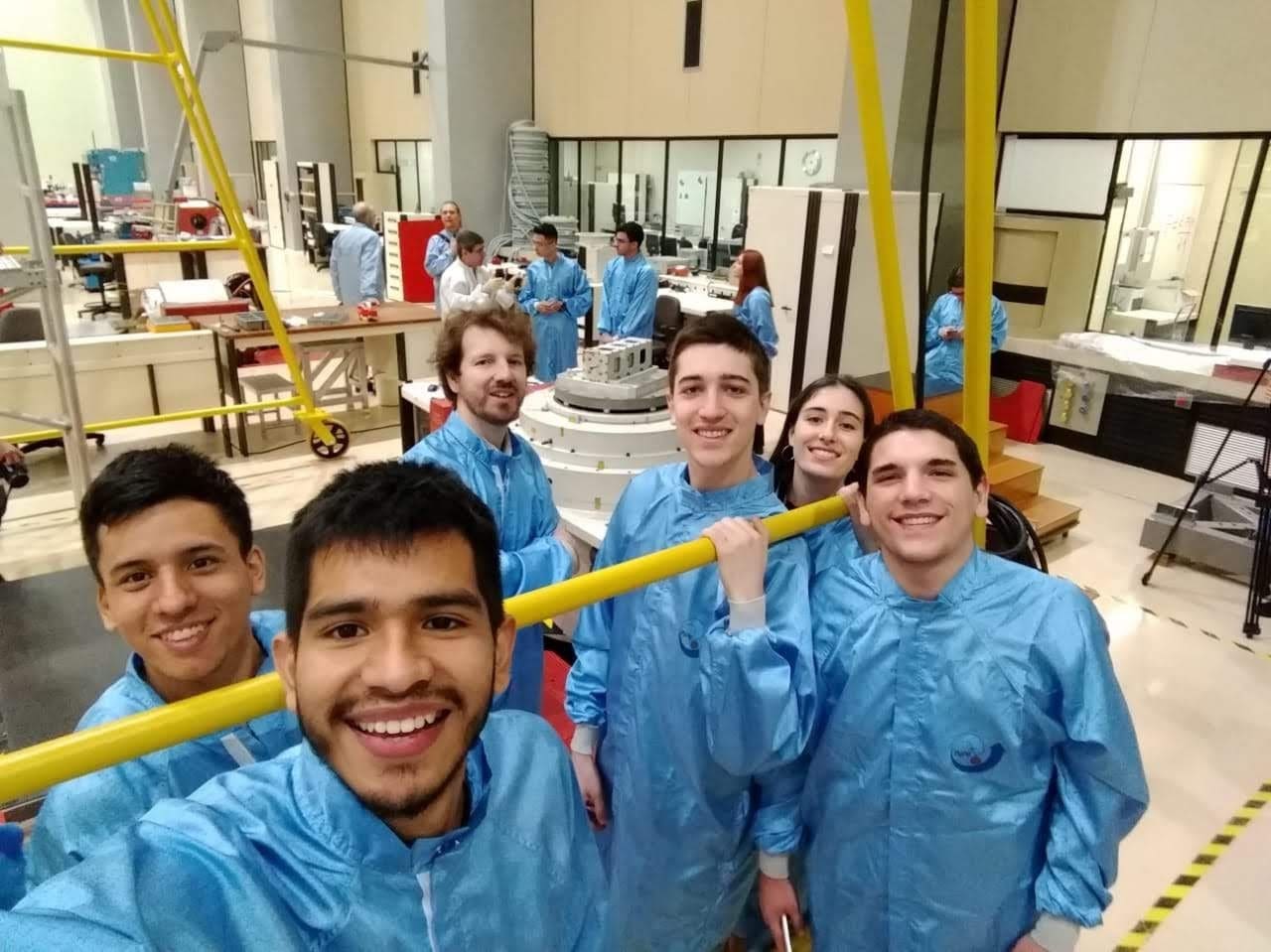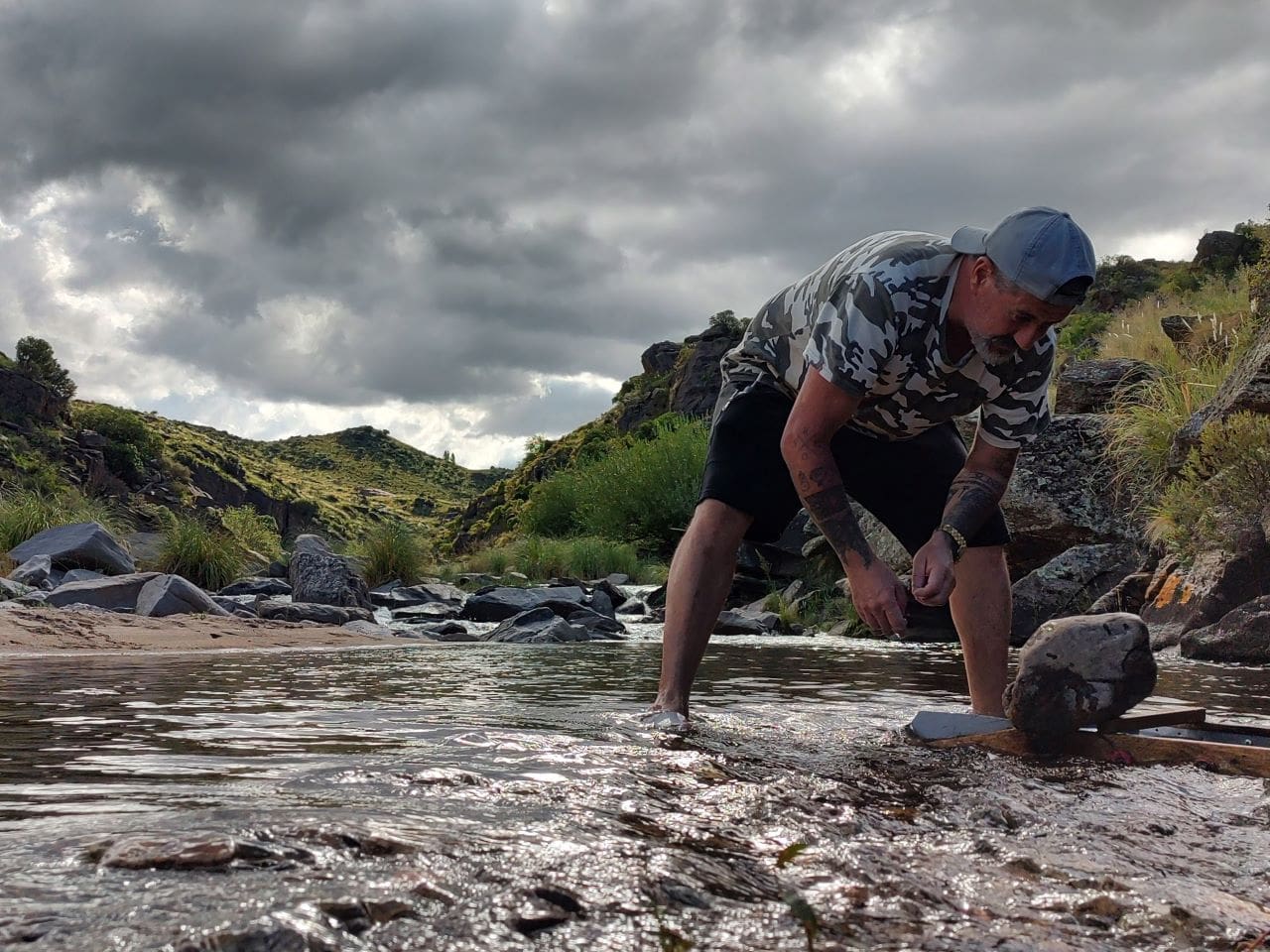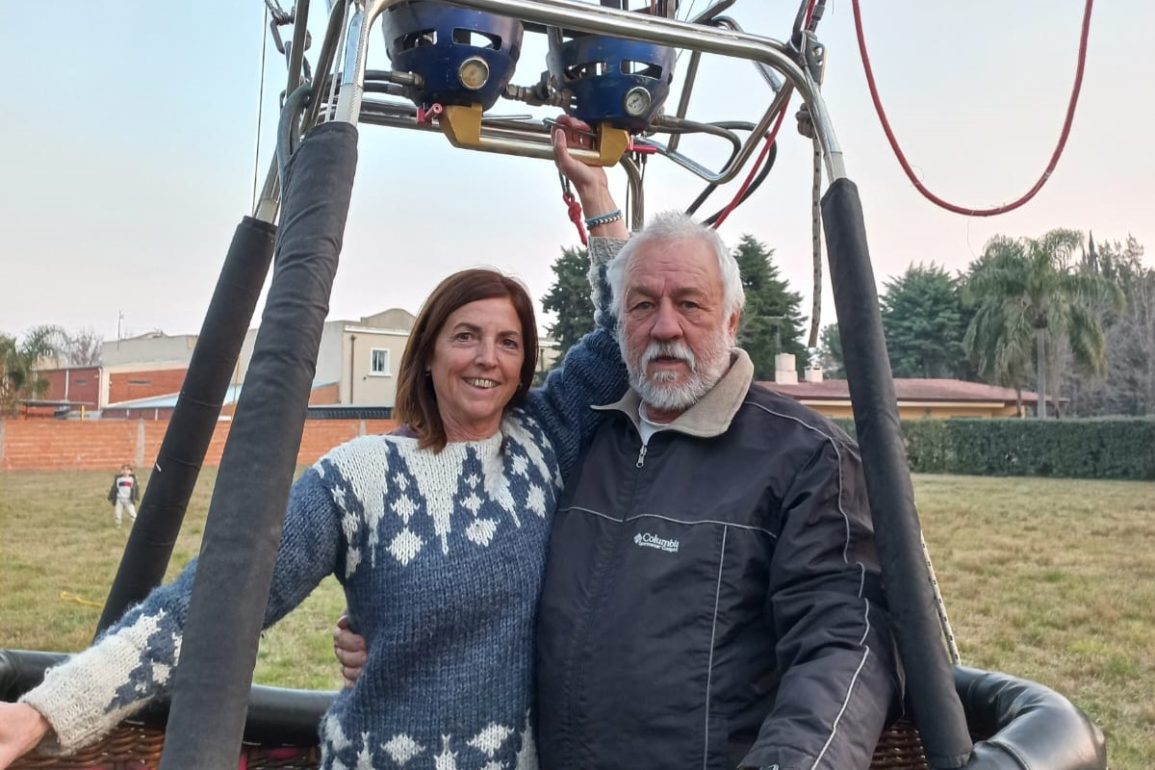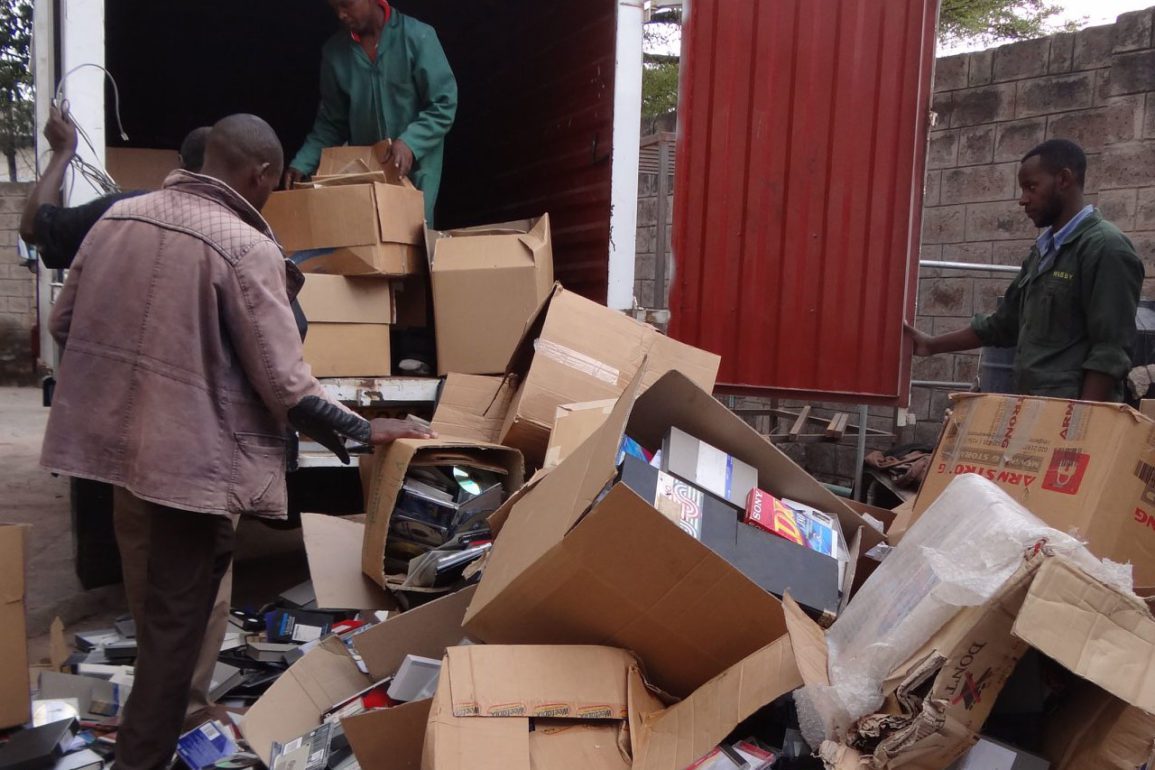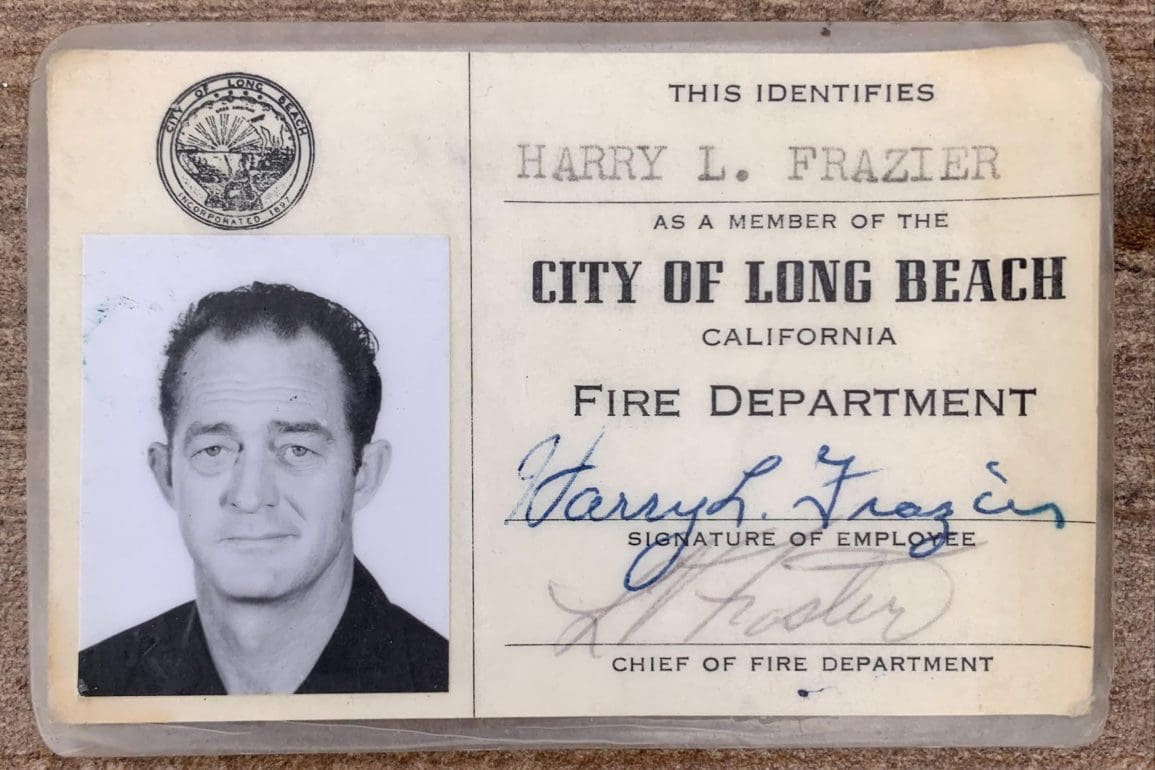Female truck driver in Argentina goes viral on TikTok, promotes equity for female truckers
As women continue to join the ranks of truck drivers in Argentina, I want to see companies evolve and rid the workplace of discrimination. Women need protections during pregnancy. Facilities for female drivers must be created, and we need to see a reduction in pay disparities. We must also generate better pathways for women to join the field.
- 4 years ago
July 27, 2022
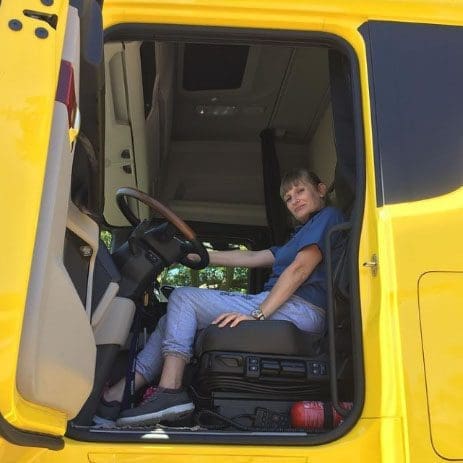
BUENOS AIRES, Argentina ꟷ As female truck drivers in Argentina, we often face discrimination and verbal violence. At one point, I wanted to leave this career.
I began working as a Forensic Radiology Technician, creating systemic family constellations [a process which reveals the unhealed loss and trauma experienced by our ancestors], but I gave up the work when the COVID-19 Pandemic hit.
At the time, truck drivers had access to three times the normal workload, so I refocused on driving.
Today, as a female truck driver, I live on the road, staying away from home all week. I pull a semi-trailer carrying up to 35,000 kg or 77,000 pounds and cover Argentina’s southern region. When I’m not driving, I rest in a bunk in the truck’s sleeping cabin.
I never imaged my work as a trucker would give me popularity, but it has. On TikTok, hundreds of thousands of people have viewed my videos. I raise awareness and advocate for female truck drivers.
A day in the life of a female truck driver
I get behind the wheel of my truck on Monday morning and climb out on Saturday. Through the week, I drive up to 300 kilometers or 186 miles per day. The logistics company Facundo schedules our freight and I carry supplies for Quilmes, a brewery and malt shop. The plants we serve operate around the clock. We supply them continuously.
Depending on the day, I drive in silence, or play music. Music helps my mind disperse, but I turn it off when it rains. Some days, I hear nothing at all, except for the noise of the engine rumbling. Those are my favorite days.
Though I feel happy and unafraid, the same question often comes to mind. “One day, will I leave the road behind?” After all, driving is risky. With each new shift, I send a blessing to my family.
My husband, also a truck driver, and my two teenage sons provide me with motivation. I want to show them dreams can come true.
Along my route, I encounter mostly male colleagues, some who think women should be at home raising children. Sometimes, when I chat with these men, I tell them, “Beyond missing my family, my job never harmed my husband or children.” In fact, I raised excellent children while driving truck.
Through conversations like these, I have watched my male colleagues rethink their position and prejudice. Sometimes they begin to wonder if their own wives have dreams.
Back home on Saturdays and Sundays, I spend time with my family. I laugh with my husband, telling him, “If I have two arms and two legs to drive a truck, you have two hands and two legs to clean a floor!” We share the household chores and that also generates awareness amongst my male counterparts.
Challenges faced by female truck drivers in Argentina
Still, life as a female trucker does not always feel easy or enlightening. Just like life on the streets, women experience aggression on the road. In Argentina, women lack the bathrooms and comforts men have access to. If I want to bathe, I must share facilities with men. Most locations have no female showers. [This can be dangerous in a country which experienced over 250 femicides in 2020 alone.]
As a 41-year-old woman with a strong character who tends to leave men inhibited, I have not personally experienced physical abuse on the road. However, younger women are often not as fortunate. Misconceptions also exist. People think if I am a female trucker, I must not be feminine. Some even assume we are not women at all.
To remain a female trucker in Argentina forges your character. As a woman, I learned to enforce my schedules, routes, and pay. This remains a space of constant struggle for women. Fighting for equality can lead to uncomfortable situations, but I remind my colleagues, I am not here for your job.
Some places prove worse than others. For example, my colleague Araceli and I work in Commodore Rivadavia, on the country’s southeastern coast, but women from the interior of Argentina lack the opportunity to drive. These provinces remain severely dominated by a male workforce.
Educational programs for women help bridge the gender gap in trucking
I graduated from the third wave of training for female professional drivers through an international company called Scania. The program specifically seeks to breach the gap in women truck drivers. With the number of women licensed to drive truck under one percent, I have been in the minority as a female trucker for 18 years.
The initial licensure and the annual recertification course prohibits many women from entering the field, so Scania works hard to bridge that gap. Still, my cohort included only twelve graduates, two of us who already worked as truckers. Accessibility remains an issue.
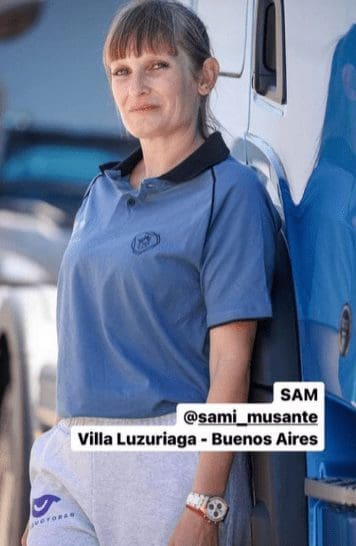
For my next goal, I enrolled in training to drive a bi-train [a state-of-the-art unit where one tractor pulls two trailers through a fifth wheel coupling]. This means I could be the first woman to ever do so in my country.
As women continue to join the ranks of truck drivers in Argentina, I want to see companies evolve and rid the workplace of discrimination. Women need protections during pregnancy. Facilities for female drivers must be created, and we need to see a reduction in pay disparities. We must also generate better pathways for women to join the field.
In my own way, I continue to influence my colleagues by showing them women can drive truck, raise children, manage a household, and take on other responsibilities. In fact, my children are more independent because my husband and I both work as truck drivers.
Taking to social media to spread support and awareness
More recently, I launched a social media presence and the networks I manage provide connection and support to female truckers and women from other provinces in Argentina and around the world.
Female colleagues and I communicate through TikTok and provide one another with friendship and company. My social media also helps male colleagues change their views. I often hear, “My girlfriend knows you from TikTok! She says hello.” That makes me happy.
I never believed being a female truck driver would grant me popularity, but it has. My platform allows me to communicate messages of strength from my small corner of the world to women everywhere; to encourage them to believe in themselves. I also work to make companies more aware of the inequalities and gender issues we face in the workplace.
Today, I can say this work changed my life because I realized anything is possible. Having children fulfilled my first dream in life. I went on to earn a college degree, buy my own home, obtain vehicles, and raise my children while working over the road. My boys even spent significant time with me in the truck, where I helped them with school and their education.
I have a good team of colleagues, backed by a strong company, so when we venture out on the road, we never find ourselves alone. I want women to know, choosing your career and doing what you want to do leads to empowerment.
For me, I love driving.













